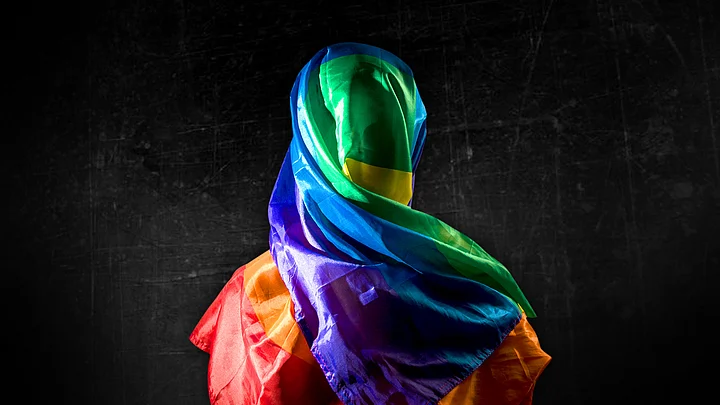In India, a Hindu, Baba Ramdev, a Muslim, Maulana Madani and a Christian, Paul Swarup, all sit on the same side of the fence as they decry homosexuality. While the Indian Supreme Court, on 2 February 2016, referred a curative petition by gay rights activists to a five-judge constitutional bench, India’s archaic Section 377 criminalising homosexuality puts the country in the category of some of the most orthodox and regressive nations in the world. As homophobia unites leaders from different religions in India, it also unites over 80 countries as they discriminate against homosexuals.
The Quint looks at the plight of millions of homosexuals across over 80 countries where homosexuality is illegal.


Death by Sharia Law
According to the International Lesbian and Gay Association (ILGA) in Saudi Arabia, Yemen, Sudan, Iran and Mauritania, there is a statutory death penalty for homosexuality. These countries follow the Sharia law which punishes homosexual intercourse between men by death. Women are imprisoned or beaten. Parts of Nigeria and Somalia also follow the Sharia law. Sudan is an exception where only three-time offenders are given the death sentence.
Death by Militia & ISIS
In countries like Iraq, the penal code does not prohibit homosexuality, but gay men have been gunned down by militias who claim to follow the Sharia law.
The International Gay and Human Rights Commission have gathered data of over eighteen homosexuality related executions by the Islamic State of Iraq and Syria (ISIS). The organisation is apparently very strictly against ‘morality-related crimes’. Men are thrown off high buildings, stoned or publicly shot dead.
Imprisonment in Over 70 Countries

According to the International Lesbian, Gay, Bisexual, Trans and Intersex Association Report on State Sponsored Homophobia, there are 75 countries where homosexuality is illegal but not punishable by death. However, in countries like Uganda, the punishment is life imprisonment. Caning and stoning are common practices in Asia and Africa. The report also states that while discrimination in employment based on sexuality has been prohibited in 62 countries, only 8 have an official constitutional provision saying so.
Regressive Propaganda Law in Russia
Russia has one of the most hypocritical and reprehensible anti-homosexuality laws. In 1993, homosexuality was decriminalised, but limited in 2013 by the propaganda law. Adoption of children is not allowed and positive or even objective information about homosexuality is banned with the view of ‘protecting minors’. The law also legitimises the arrests and violence against the LGBT community and penalises open discussion of ‘non-traditional sexual orientation’. Even though Russia is a part of the European Convention of Human Rights, it continues to penalise the LGBT community with impunity.
Vague & Archaic Law in India

In India, Section 377 of the Indian Penal Code introduced in 1860 criminalises homosexuality with a maximum punishment of life imprisonment. 377 has been a bone of contention and misuse. The Delhi High Court decriminalised homosexuality in 2011 but it was re-criminalised by the apex court in 2013. Petitioners argue that in India, there is no marital rape law, hence, no punishment if a husband rapes his wife vaginally. But even if a husband and wife choose to have consensual anal sex, the man can be persecuted under Section 377, as it counts as a sexual act ‘against the order of nature’.
Deprived & Discriminated
The United Nations Human Rights Council Report states that the LGBT community faces discriminatory practices on the grounds of education, employment, housing, health care, migration and even opening a back account in most parts of the world, irrespective of the law of the land. This, apart from the ridicule on the open street.
Page 12 of the report says:
LGBT persons, deprived of access to such basic rights as employment, health, education and housing find themselves in poverty, cut off from economic opportunity. Studies undertaken in several countries suggest that rates of poverty, homelessness and food insecurity are higher among LGBT individuals than in the wider community.
(At The Quint, we question everything. Play an active role in shaping our journalism by becoming a member today.)
